Ecological Gardening Practices: Enhancing Biodiversity in Your Backyard
Understanding Ecological Gardening
Ecological gardening is a sustainable approach that focuses on enhancing biodiversity and creating a balanced ecosystem in your backyard. By incorporating ecological practices, you can not only improve the health and resilience of your garden but also provide a sanctuary for various species of plants, insects, and wildlife. This approach promotes harmony between nature and gardening, ensuring that your green space thrives naturally.
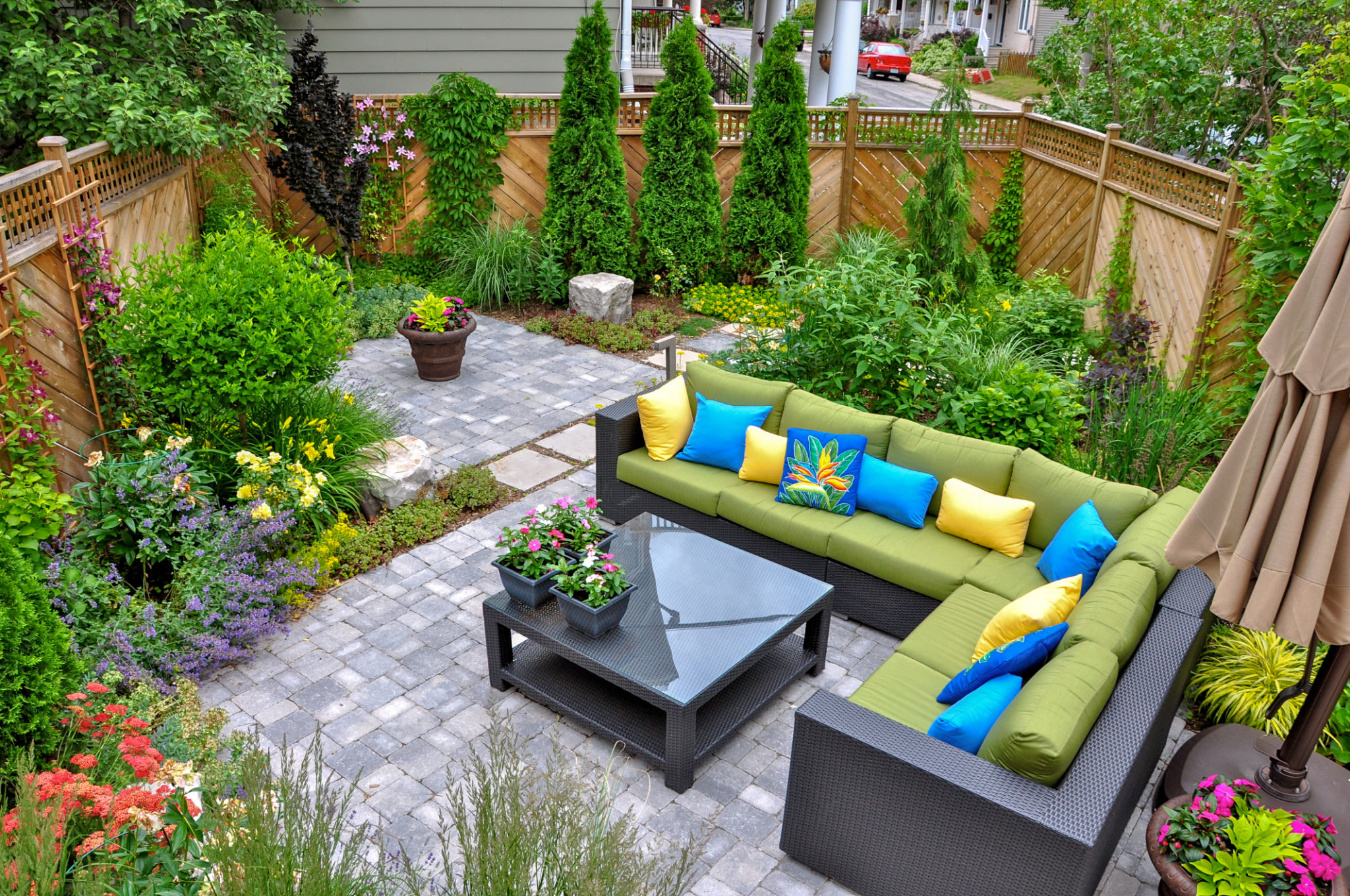
The Importance of Biodiversity
Biodiversity is crucial for maintaining a healthy garden ecosystem. A diverse range of plants attracts different insects, birds, and other wildlife, which can help with pollination and pest control. By fostering biodiversity, you create a self-sustaining environment where nature takes care of many gardening tasks for you. This not only reduces the need for chemical interventions but also enhances the overall resilience of your garden.
Native Plants: The Foundation of Ecological Gardens
One of the simplest ways to boost biodiversity in your backyard is by planting native species. Native plants are adapted to the local climate and soil conditions, making them easier to grow and maintain. They provide essential resources for native insects and animals, supporting the local ecosystem. Additionally, native plants often require less water and fertilizer, making them an eco-friendly choice for your garden.
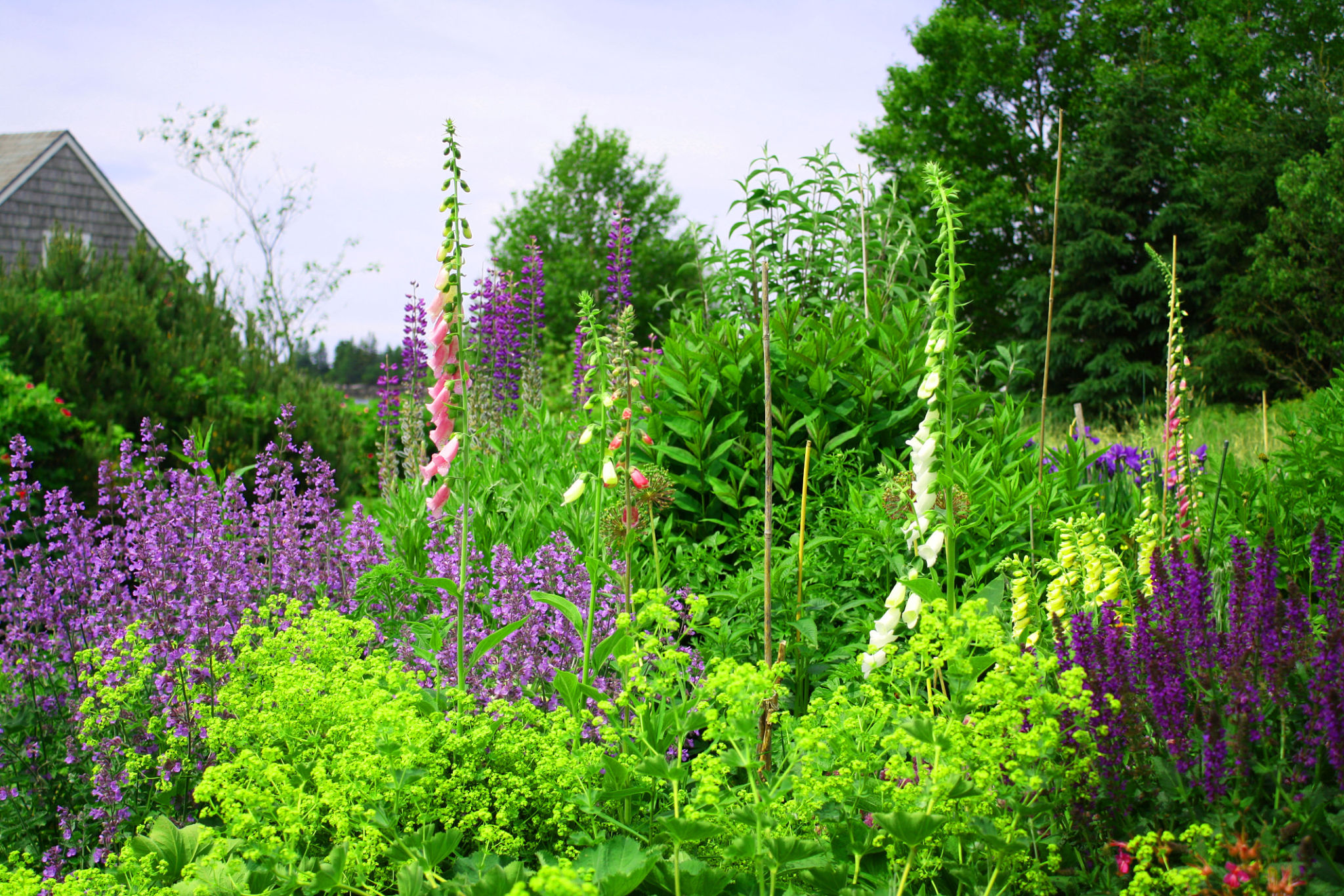
Creating Habitats for Wildlife
Encouraging wildlife to visit your garden can significantly enhance its biodiversity. Consider creating habitats such as birdhouses, bee hotels, and ponds to attract different species. These habitats provide shelter and resources for wildlife, helping them thrive in your backyard. You can also leave some areas of your garden wild, allowing natural processes to occur and further supporting biodiversity.
- Birdhouses: Attract various bird species that can help control pests.
- Bee Hotels: Provide nesting sites for solitary bees, important pollinators.
- Ponds: Support amphibians and other aquatic life.
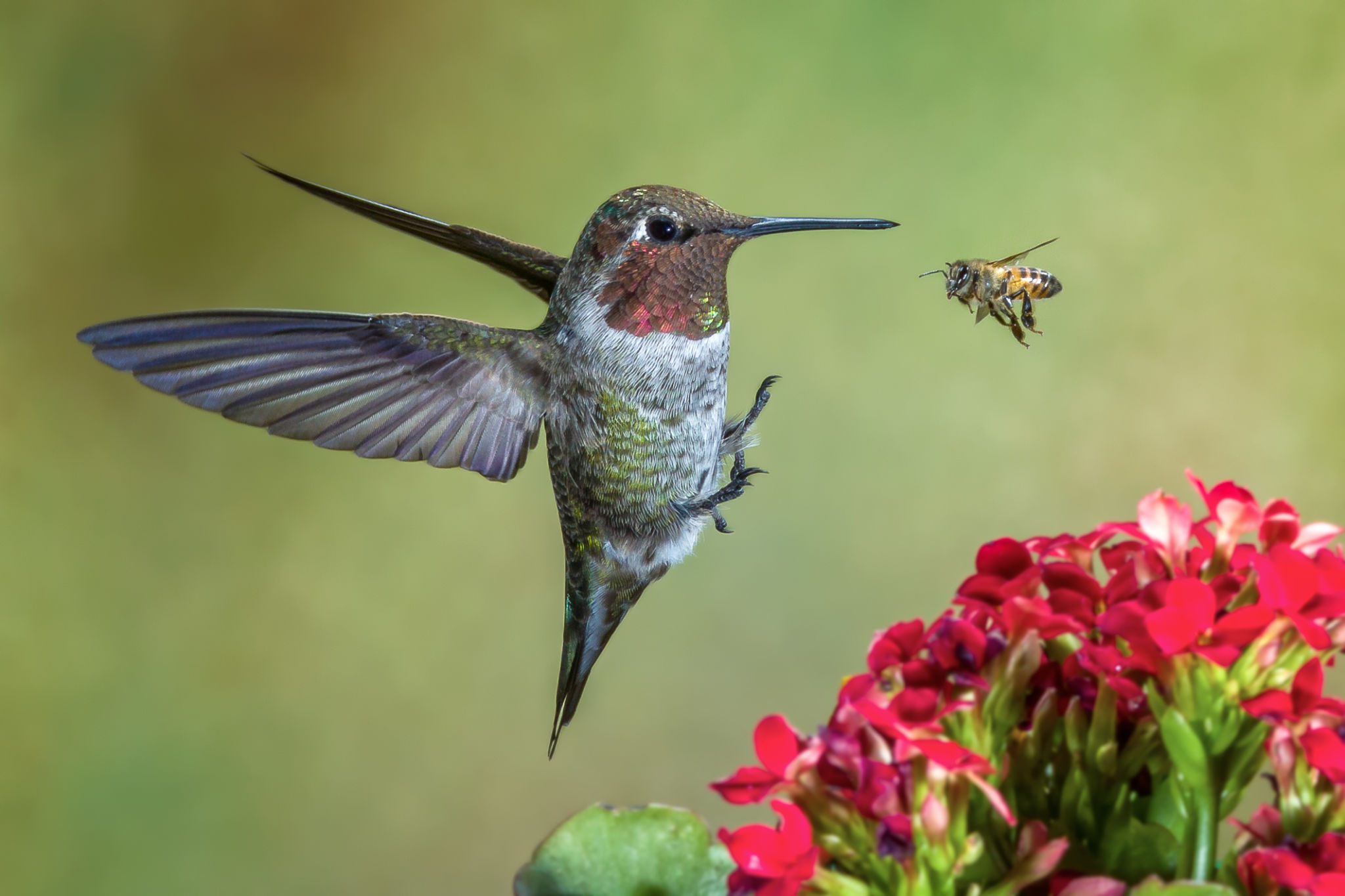
Soil Health: The Backbone of a Thriving Garden
Healthy soil is essential for a successful ecological garden. It supports plant growth and provides a habitat for countless microorganisms that contribute to nutrient cycling. To improve soil health, consider practices such as composting, mulching, and avoiding chemical fertilizers. Composting adds organic matter to the soil, enhancing its structure and fertility, while mulching helps retain moisture and suppress weeds.
Encouraging Pollinators
Pollinators like bees, butterflies, and birds are vital for a flourishing garden. To attract them, plant a variety of flowering plants that bloom at different times throughout the year. This ensures a continuous supply of nectar and pollen. Avoid using pesticides, as these can harm beneficial insects. Instead, opt for natural pest control methods to maintain a healthy balance in your garden.
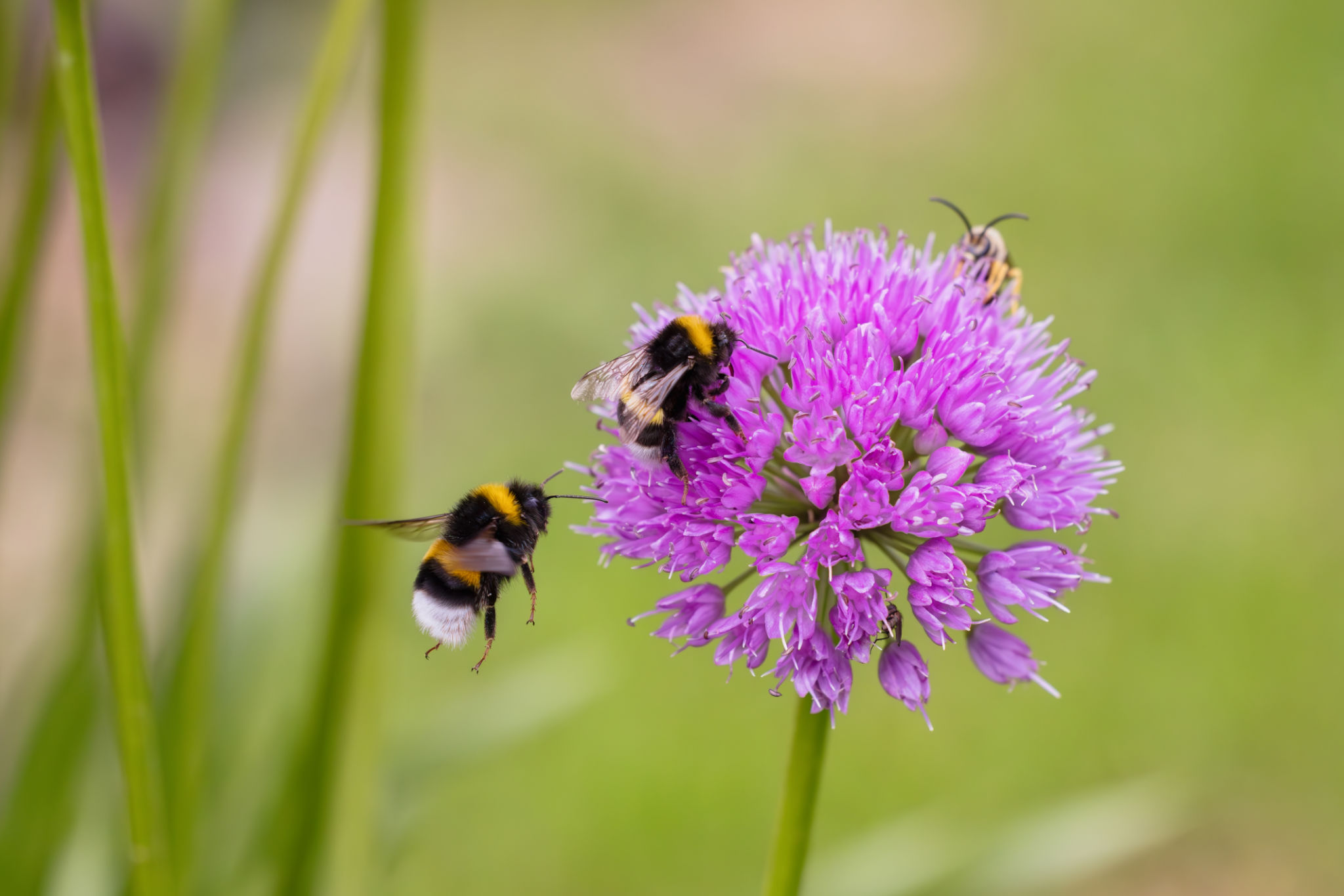
Water Conservation Techniques
Water conservation is an integral part of ecological gardening. Implementing water-saving techniques not only benefits the environment but also reduces your water bills. Consider installing rain barrels to collect rainwater for irrigation or using drip irrigation systems that deliver water directly to plant roots, minimizing evaporation. Grouping plants with similar water needs together can also optimize water usage.
Building a Community
Sharing your ecological gardening journey with neighbors and friends can inspire others to adopt sustainable practices. Building a community around gardening can lead to the exchange of ideas, seeds, and plants, further enhancing biodiversity in local areas. Together, you can work towards creating more green spaces that benefit both people and the planet.
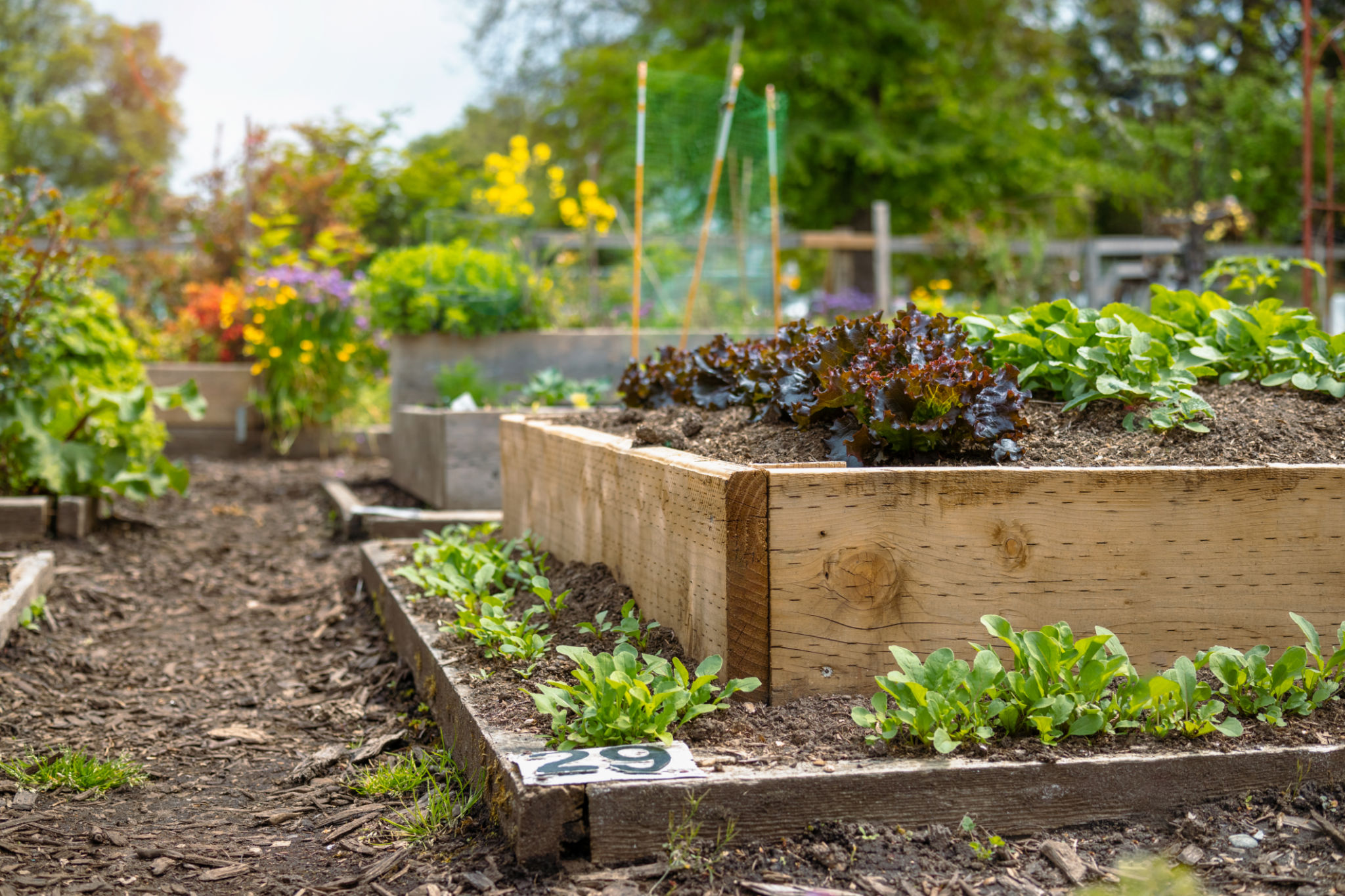
By embracing ecological gardening practices, you contribute to the well-being of the environment while creating a vibrant and resilient garden. Whether you're just starting or looking to improve your existing garden, these strategies can help you cultivate a space that supports biodiversity and fosters a deeper connection with nature.